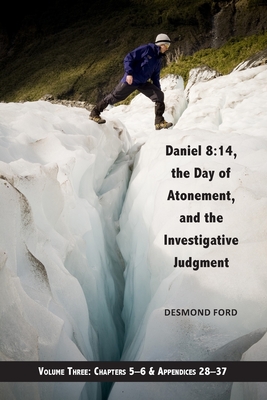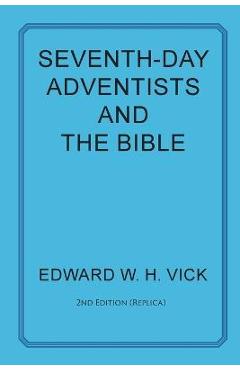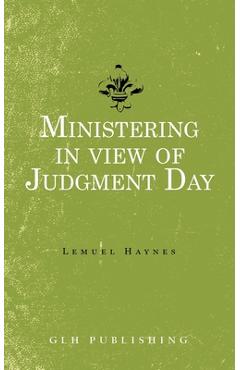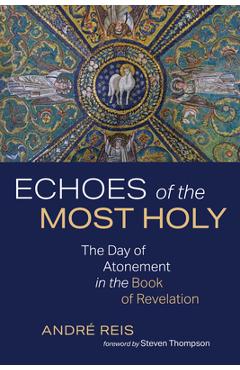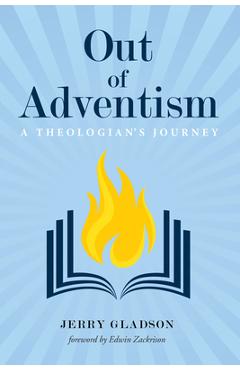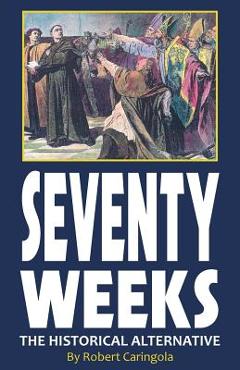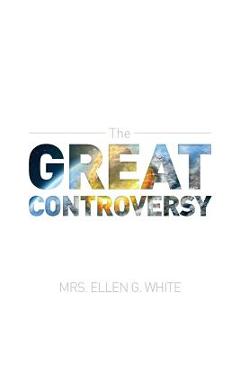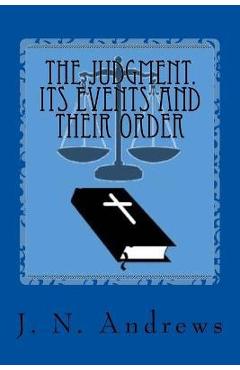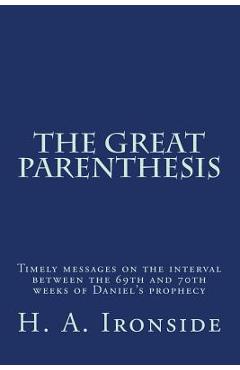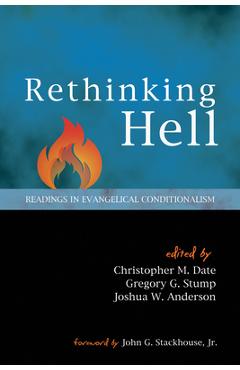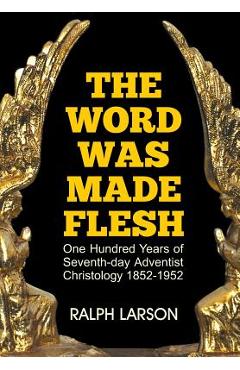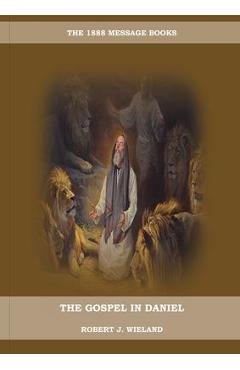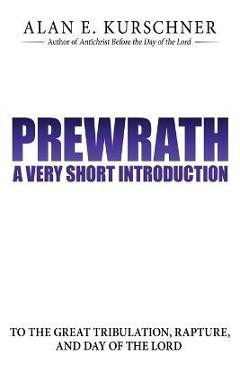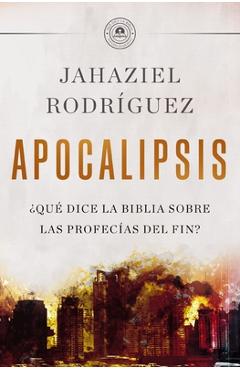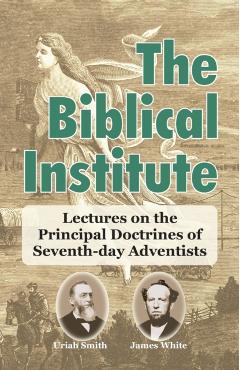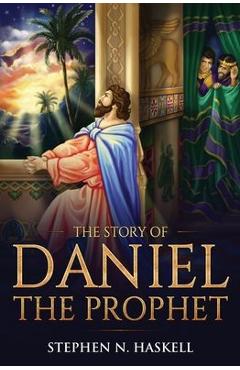Desmond Ford was one of the most prominent preachers of Righteousness by Faith in the Seventh-day Adventist denomination. In 1970, he completed a second doctorate in New Testament (eschatology) at Manchester University, UK, under the supervision of the eminent Professor F. F. Bruce. From 1960 till 1977, Ford taught at Avondale College, in NSW Australia and helped train a whole generation of ministers and teachers. In 1977, he and his second wife Gillian and family went to teach at Pacific Union College, in Angwin, California. Ford had many enemies who were bitterly opposed to his emphasis on a sinless Christ, justification by faith alone, a different interpretation of prophecy, and a kinder approach to Roman Catholic Christians. Robert D. Brinsmead, called "a gadfly on the flank of Adventism," switched from his Adventist perfectionism to teaching the Reformer's gospel of righteousness by faith in the early 1970s. This heightened the agitation against Ford, especially when Brinsmead renounced Adventism's unique doctrine of 1844 and the investigative judgment. Through historicist principles and with the aid of the nonbiblical Year-Day Principle, Adventists had taught from 1853 that in 1844, Christ entered the Most Holy Place in heaven and began the judgment of the living. The heads of the Adventist Forum chapter asked Ford to take a meeting on the subject of 1844 at Pacific Union College. After the talk, Ford was pulled out his classes and sent to General Conference headquarters to write up his views. This manuscript was the result. In August 1980 at convocation at Glacier View, Ford's views were rejected and plans for his dismissal were put in place. In this third volume, in chapter five Ford discusses the wider views of modern New Testament scholars (in 1980). He shows how all great eschatological themes such as the kingdom, judgment, the gift of the Spirit, eternal life, resurrection, the destruction of Satan, and the abolition of death are applied to the Cross and its fruits. In chapter six, Ford concludes that a misunderstanding of the issues of authority, inspiration, and inerrancy have been responsible for the majority of doctrinal controversies the Seventh-day Adventists has experienced. In this final chapter, Ford discusses the foundational role of Ellen G. White in forming the Adventist Church.
